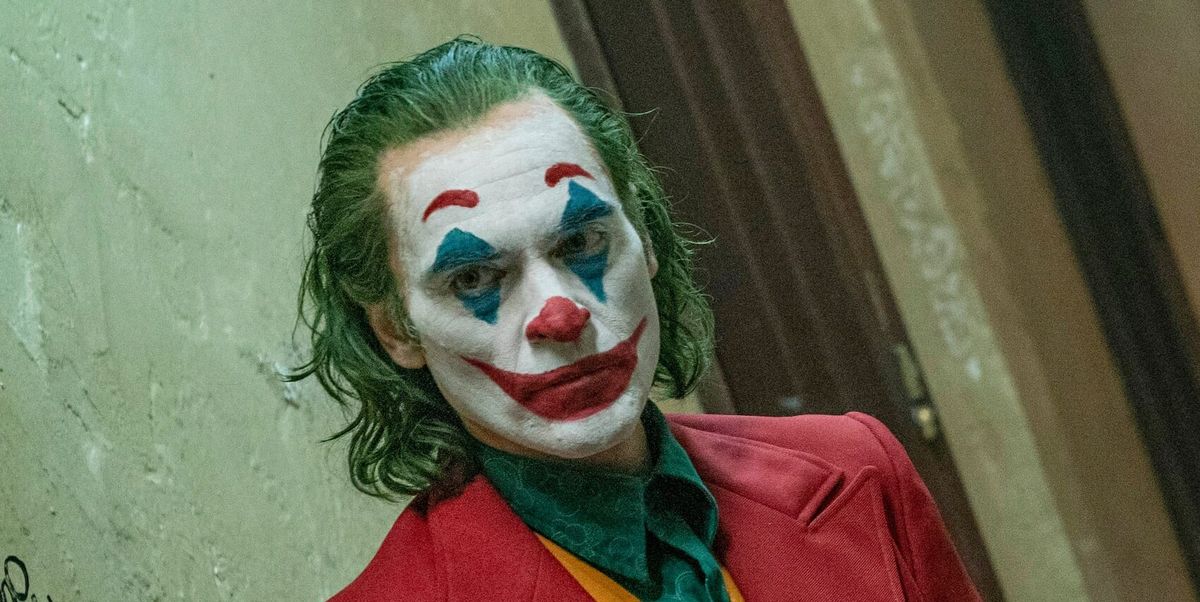Joaquin Phoenix smiles like the Joker in a Gotham that looks more like Martin Scorsese’s New York than ever.
In one of the most revealing sequences of Joker, the tormented Arthur Fleck (a Joaquin Phoenix who recovers the disjointed countenance and the emaciated physique that he exhibited in The Master) sneaks into a theater in which Modern Times is projected. The anachronism is striking: Chaplin’s humanistic masterpiece premiered in 1936, while the nihilistic Joker takes place in 1981, the year Ronald Reagan arrived in the White House. A time jump that outlines an abbreviated history of the 20th century, starring in this case the oppression of the individual at the hands of an alienating system.
While Chaplin immersed Charlot in the gears of an inhuman industrial machinery, Todd Phillips places Arthur/Joker at the heart of a (very contemporary) neoliberal nightmare, trapped between the most cynical face of power and the amorality of the media universe. An impossible crossroads that seems to offer only one escape route: madness. That’s entertainment? In the midst of a Hollywood bent on elusive spectacle, Phillips and Phoenix’s Joker emerges as a political object in revolt. A transgressive work that distances itself from the grandiloquent epic and the expansive narrative of its billboard sisters (from the Batman movies directed by Christopher Nolan to the Marvel Cinematic Universe) to focus on the intimacy of a tragic antihero: a man whose thirst for affection and recognition is devastated by its marginal condition, by the dismantling of public services and by the violence of a Gotham akin to the New York of Taxi Driver and The King of Comedy.
Eventually, the suffering of Arthur/Joker is so palpable and shocking that the viewer has no other way out than to identify society as the real villain of the function. Smiles that are tears. Despite his insubordinate spirit, Joker knows how to move cunningly within the universes of comics and entertainment cinema. The idea of delving into the origins of the Joker might seem sacrilege, however, Phillips stirs up the DC Comics imaginary by keeping his genealogies and his iconography very much alive. An ambivalence that is also transferred to the relationship of the film with the current superheroic fever.
On the one hand, Phillips distances himself from the predominant digital paraphernalia in today’s Hollywood, but he doesn’t hesitate to energize his Joker with vibrant whiffs of Scorsesian cinerock, perpetrated on top of Gary Glitter’s Rock n Roll Part 2 or Frank Sinatra’s That’s Life. Effervescent pirouettes of a film that turns the Joker’s smile into the painful and wild howl of a cinema and a world thirsty for revolution.
For those who believe in the political potential of entertainment cinema.
DATA SHEET
Address: Todd Phillips Distribution: Joaquin Phoenix, Robert De Niro, Frances Conroy, Zazie Beetz, Brett Cullen, Dante Pereira-Olson, Douglas Hodge Original title: joker Country: USA Year: 2019 Release date: 04-10-2019 Gender: thriller Script: Todd PhillipsScott Silver Duration: 121 minutes
Synopsis: Arthur Fleck (Phoenix) is a man ignored by society, whose motivation in life is to make people laugh. But a series of tragic events will lead him to see the world in a different way. Film based on the popular DC Comics character Joker, known as Batman’s archvillain, but in this film he will take on a more realistic and darker look.
Source: Fotogramas
Camila Luna is a writer at Gossipify, where she covers the latest movies and television series. With a passion for all things entertainment, Camila brings her unique perspective to her writing and offers readers an inside look at the industry. Camila is a graduate from the University of California, Los Angeles (UCLA) with a degree in English and is also a avid movie watcher.

